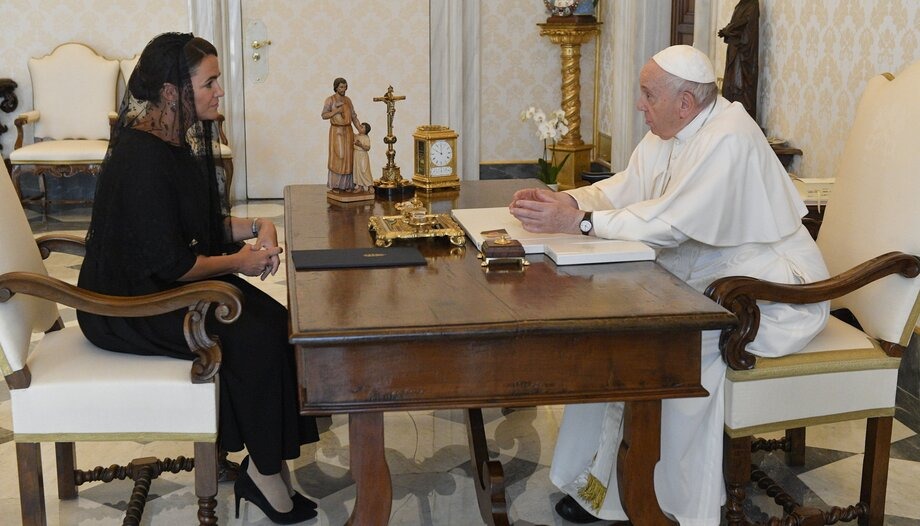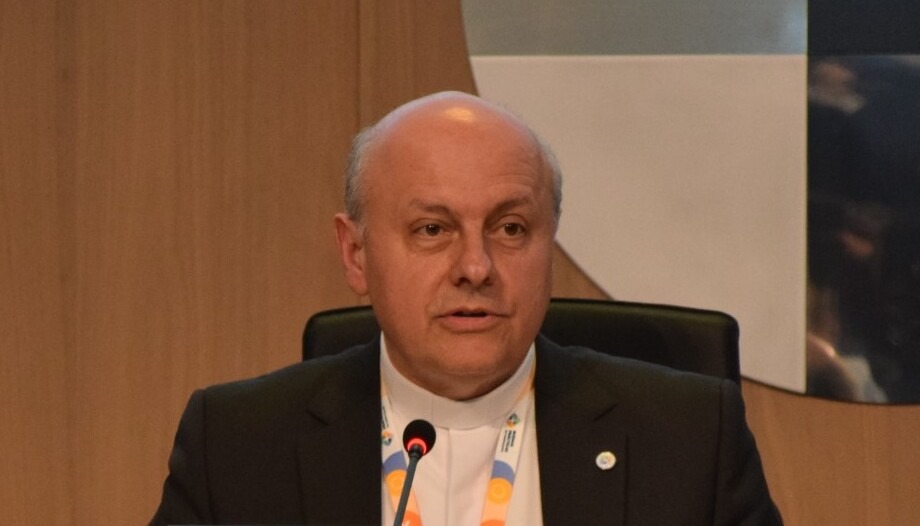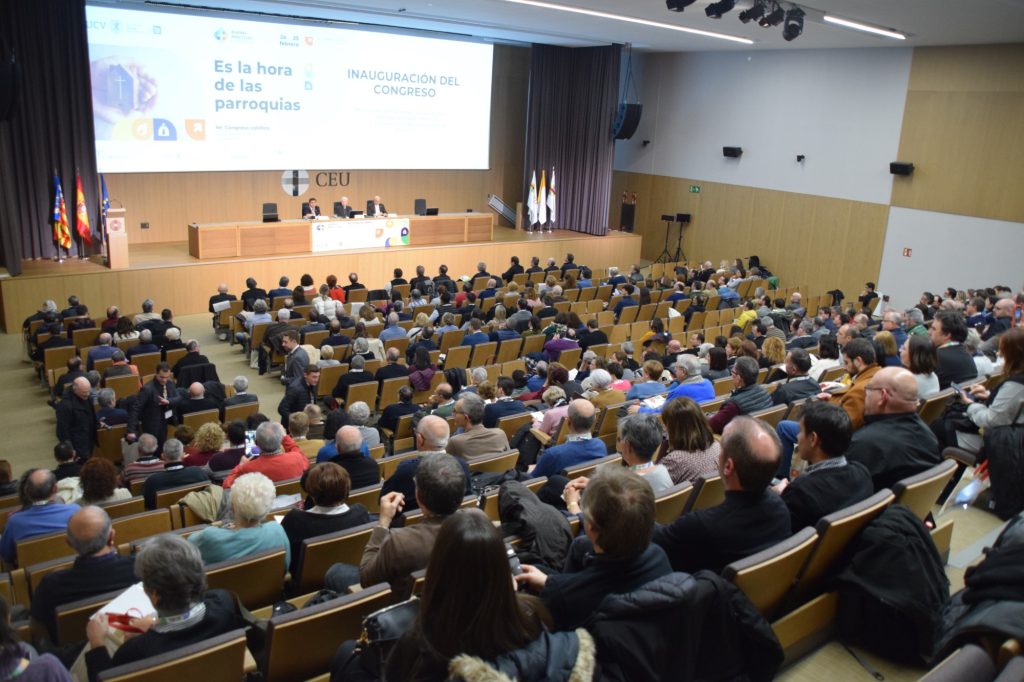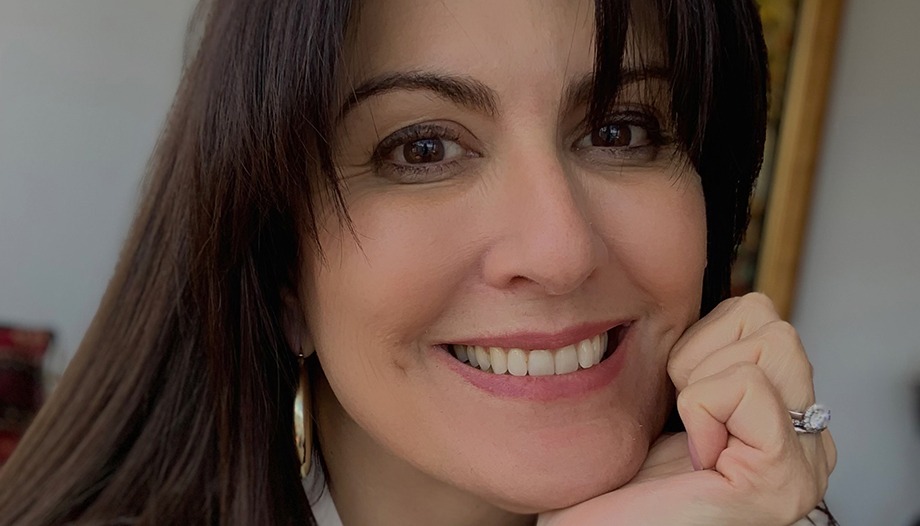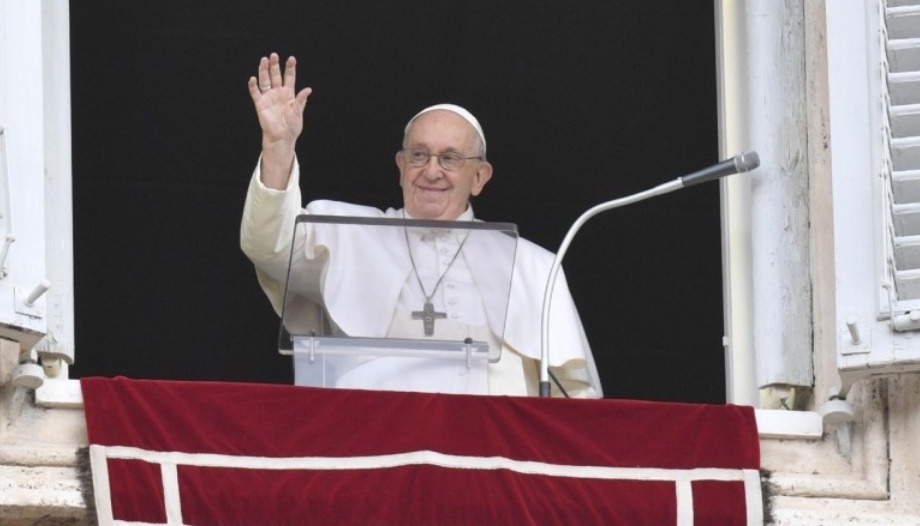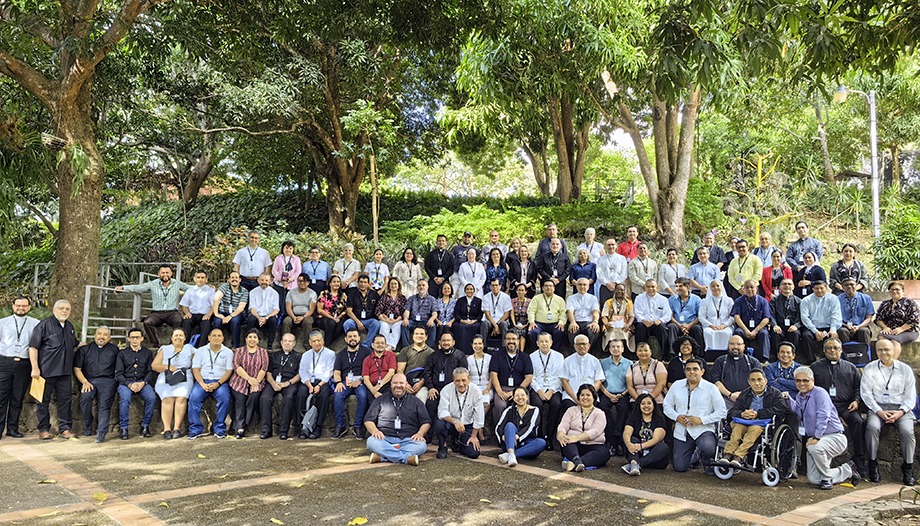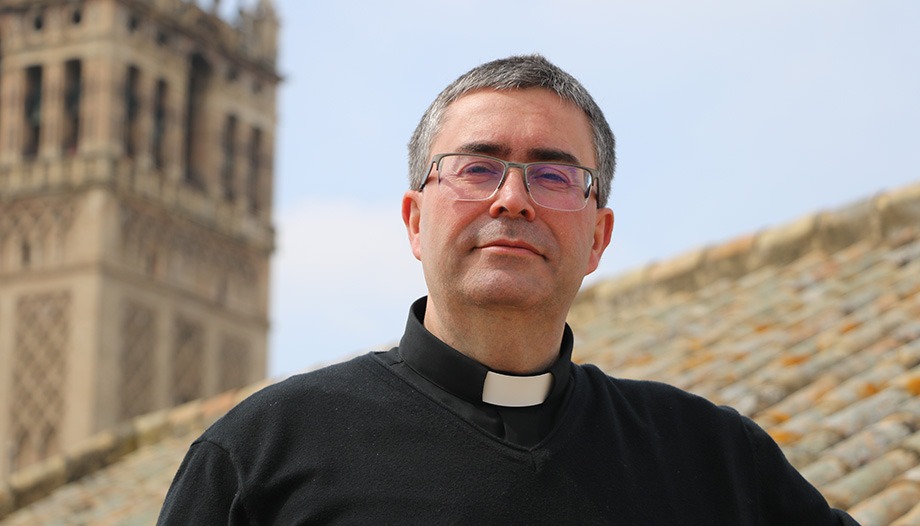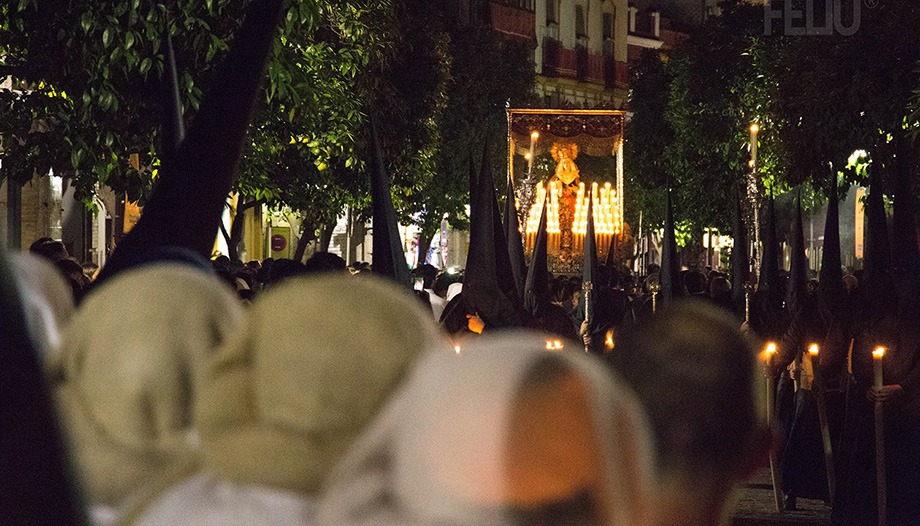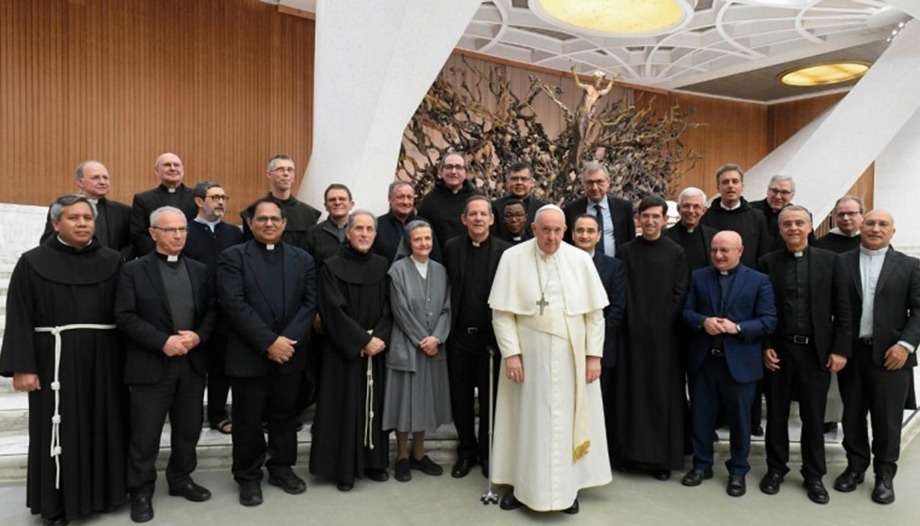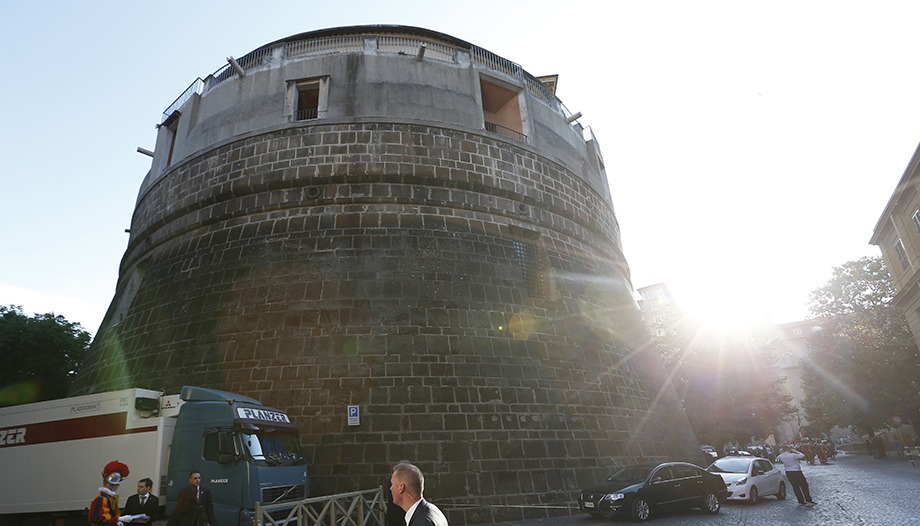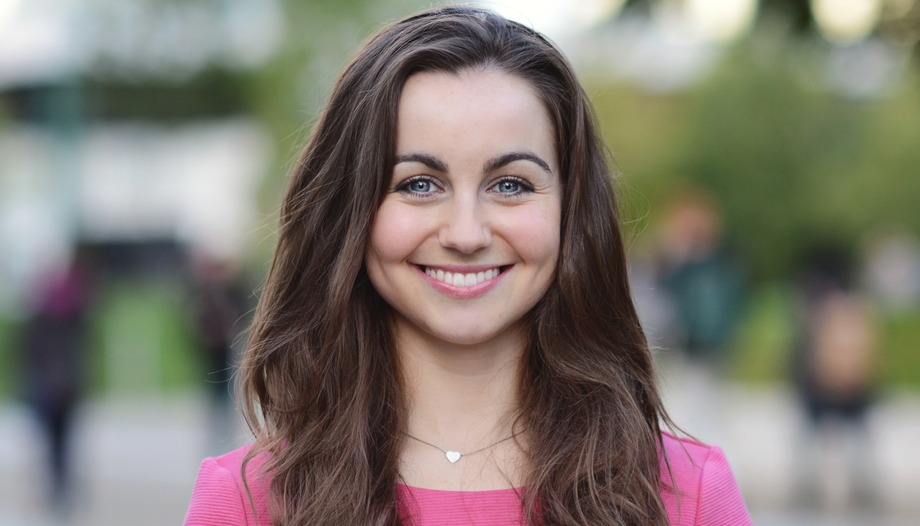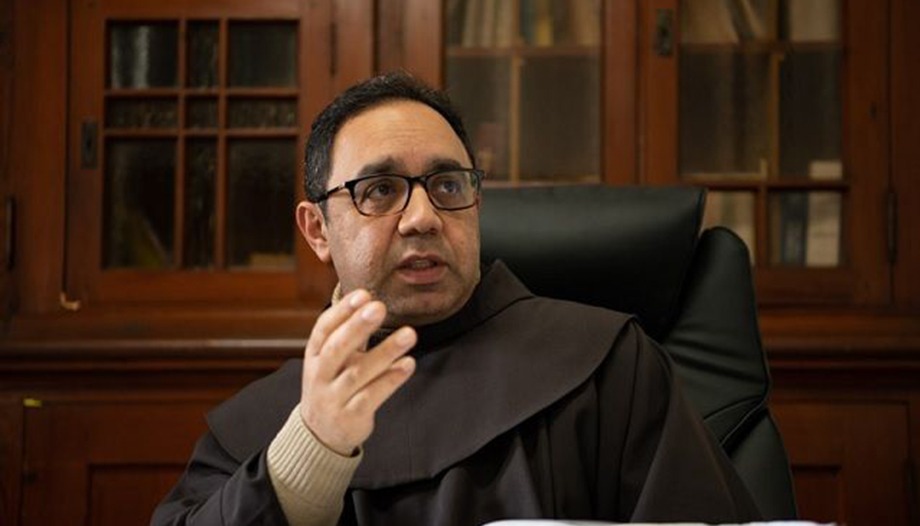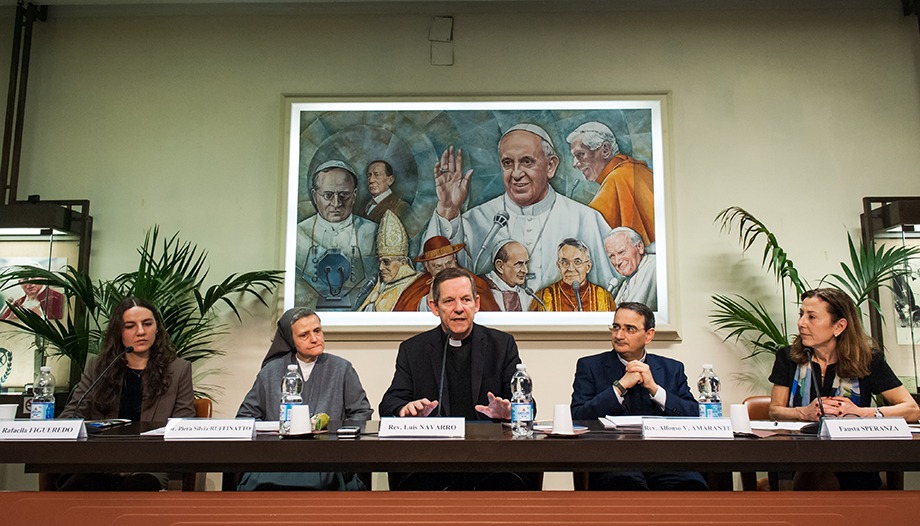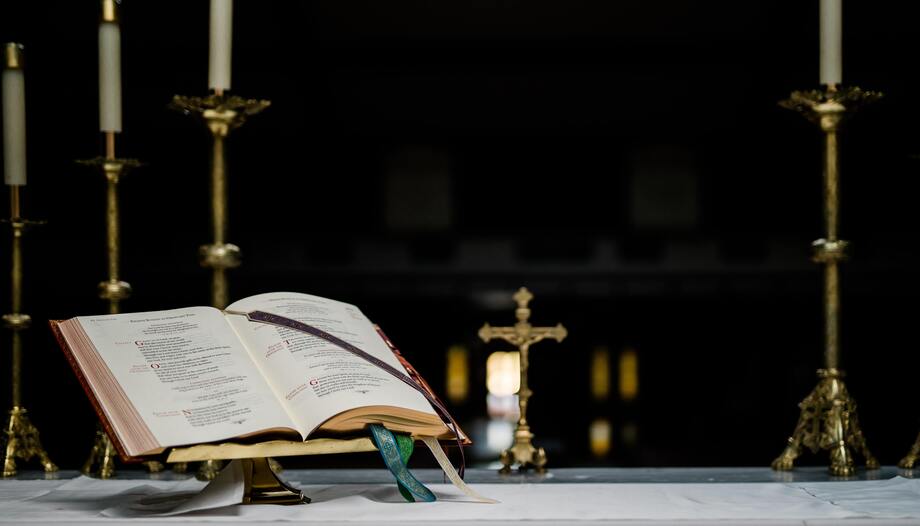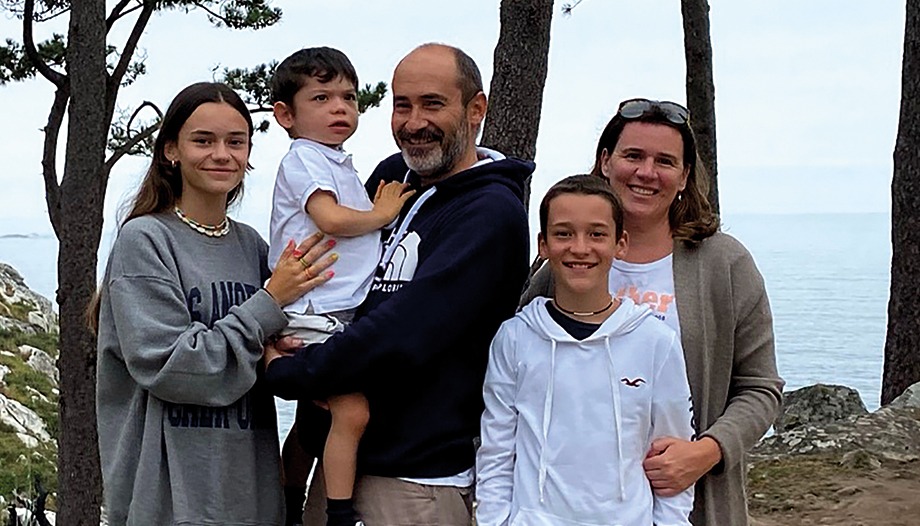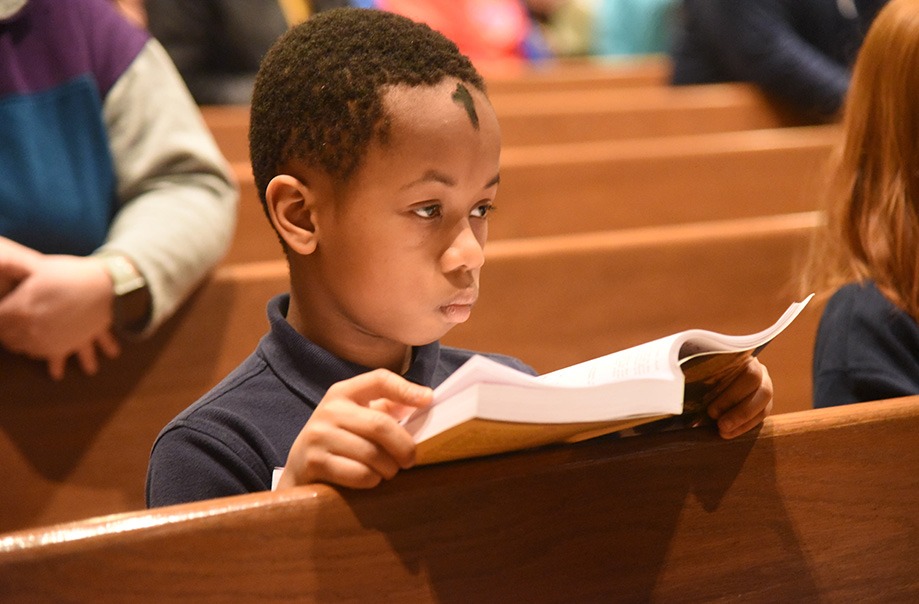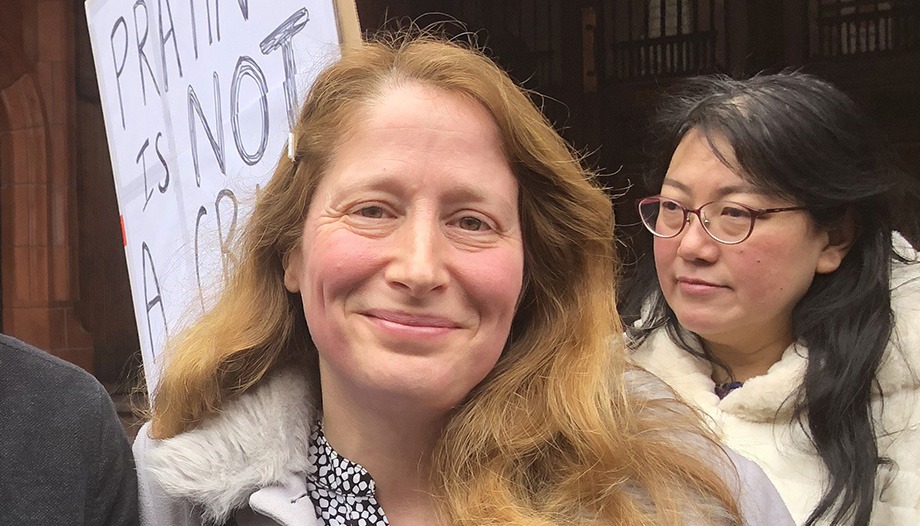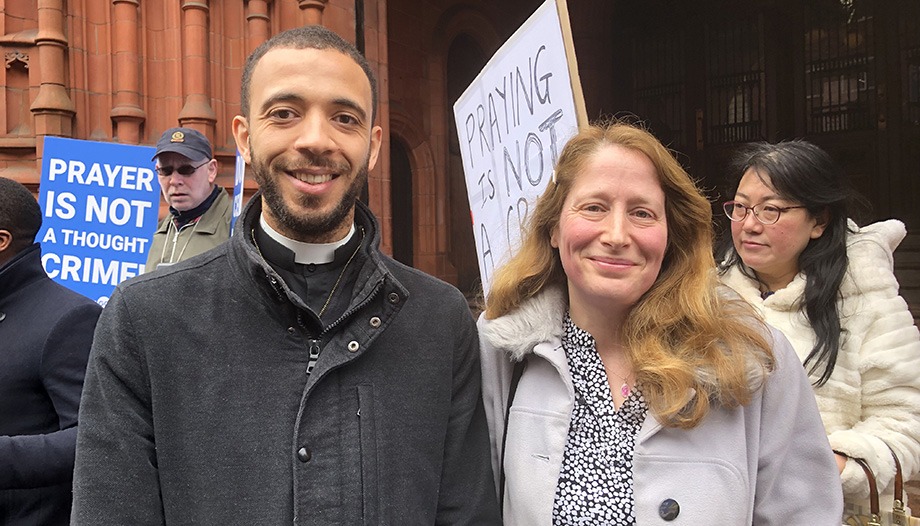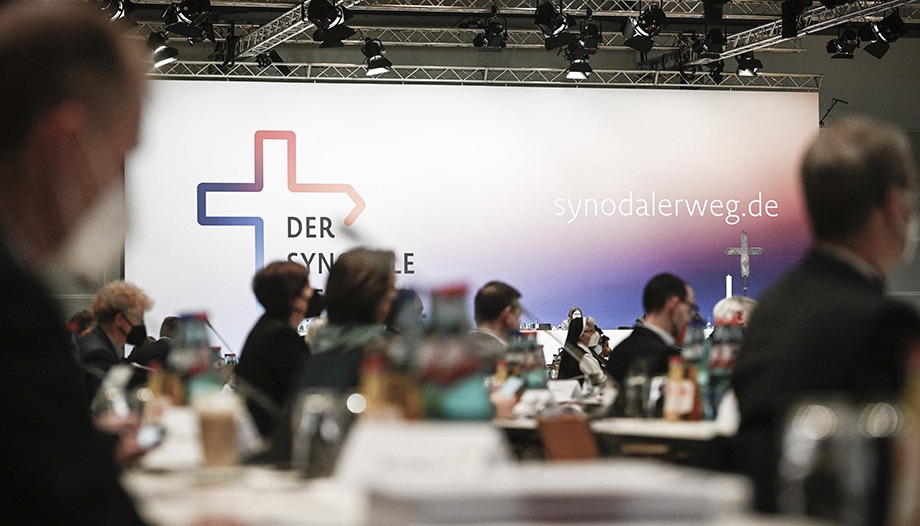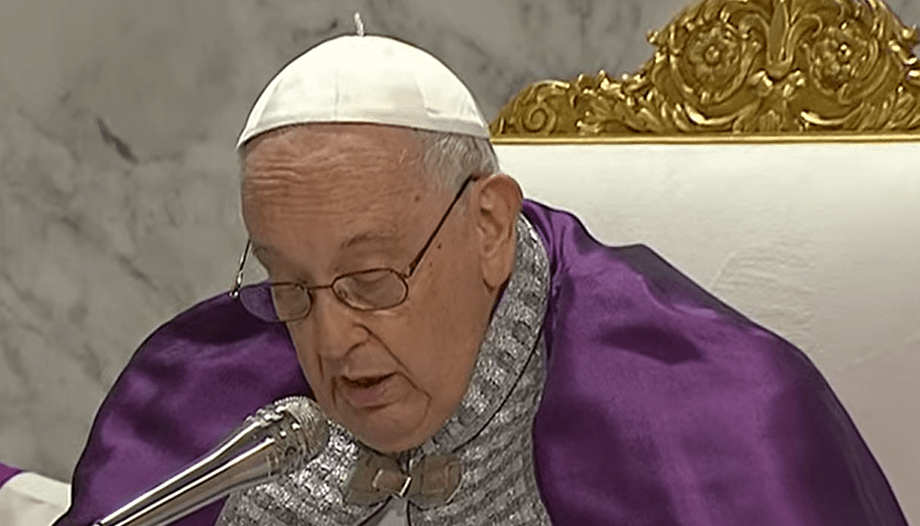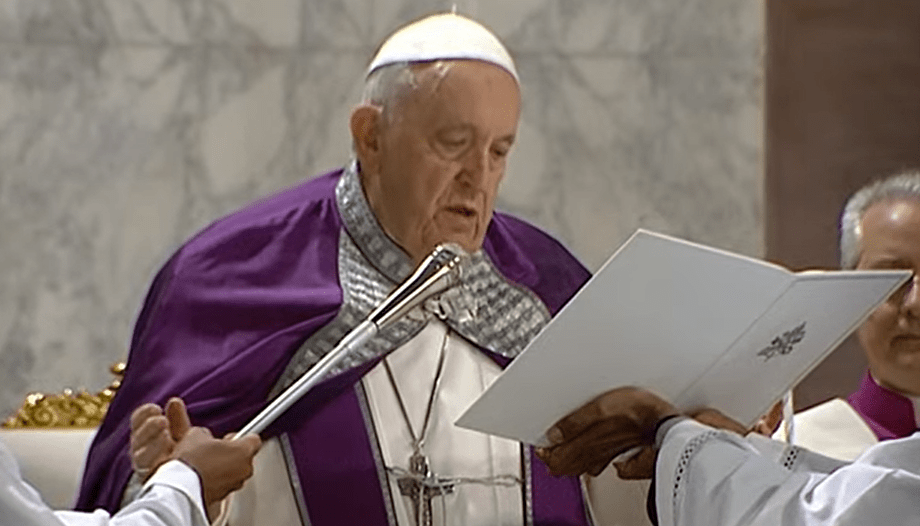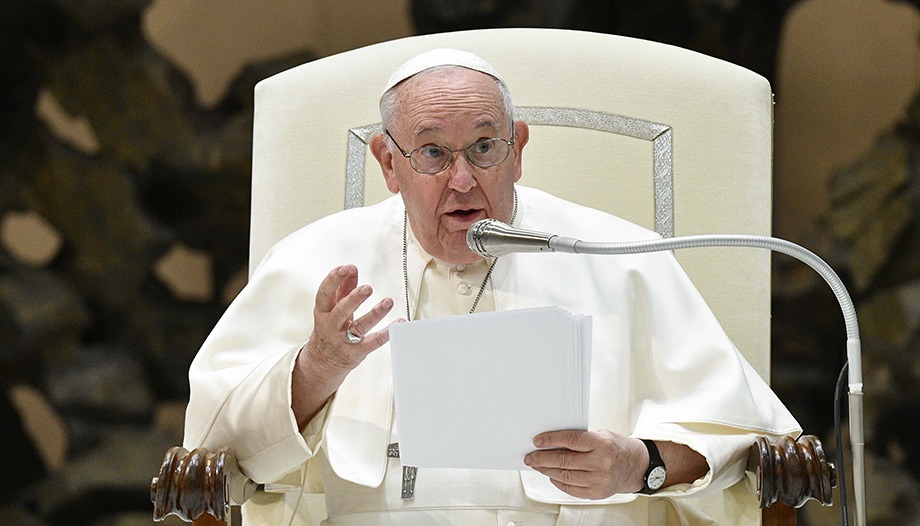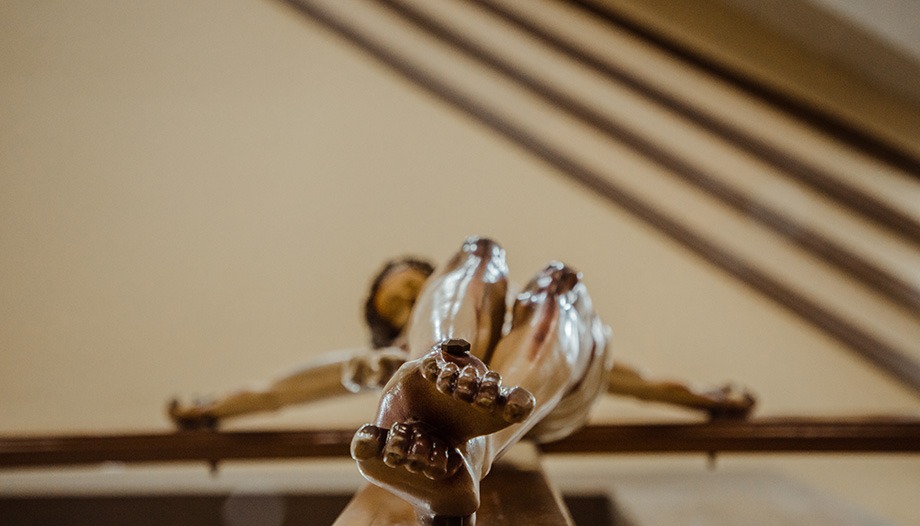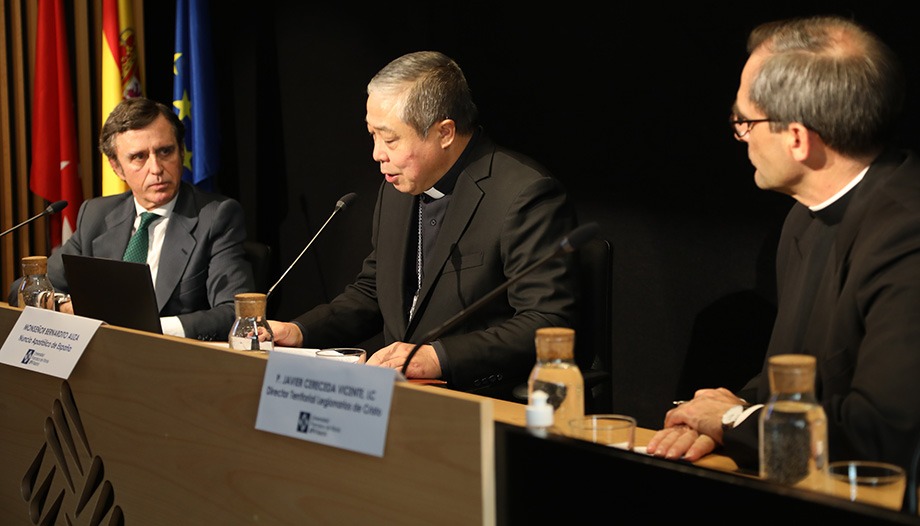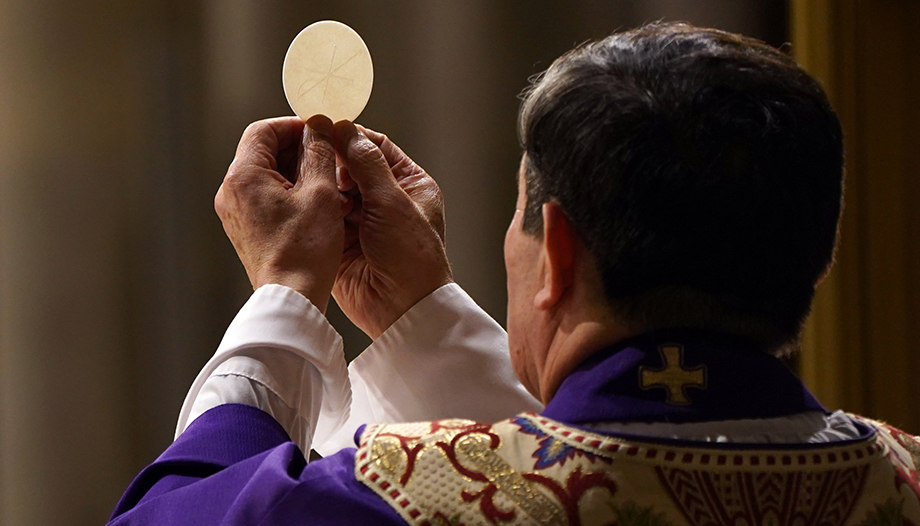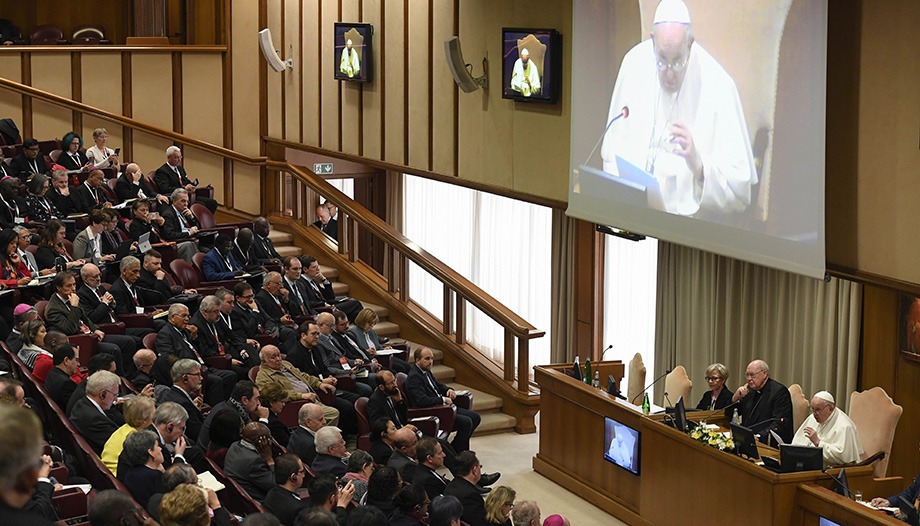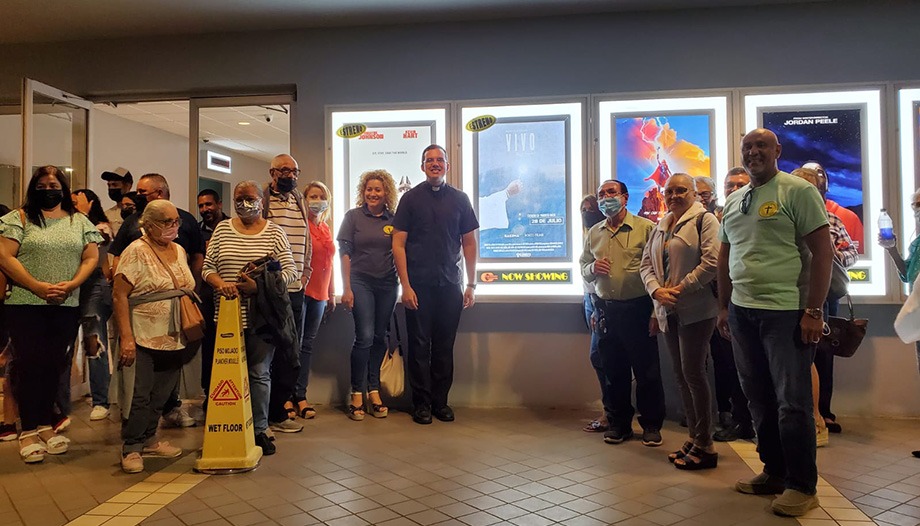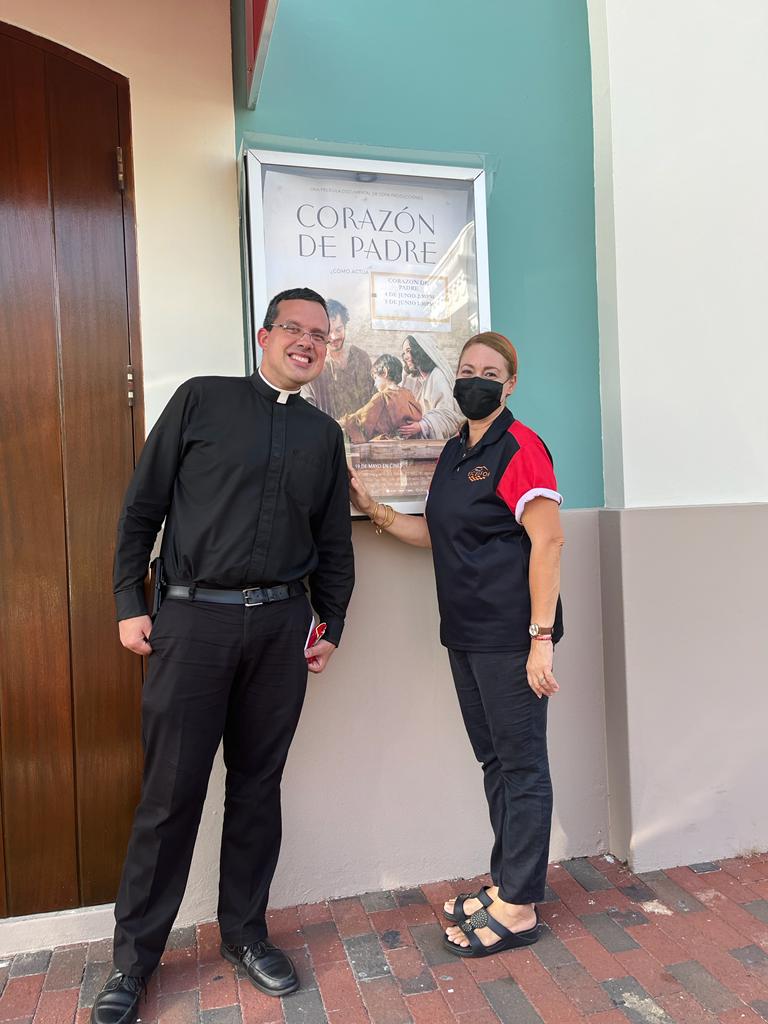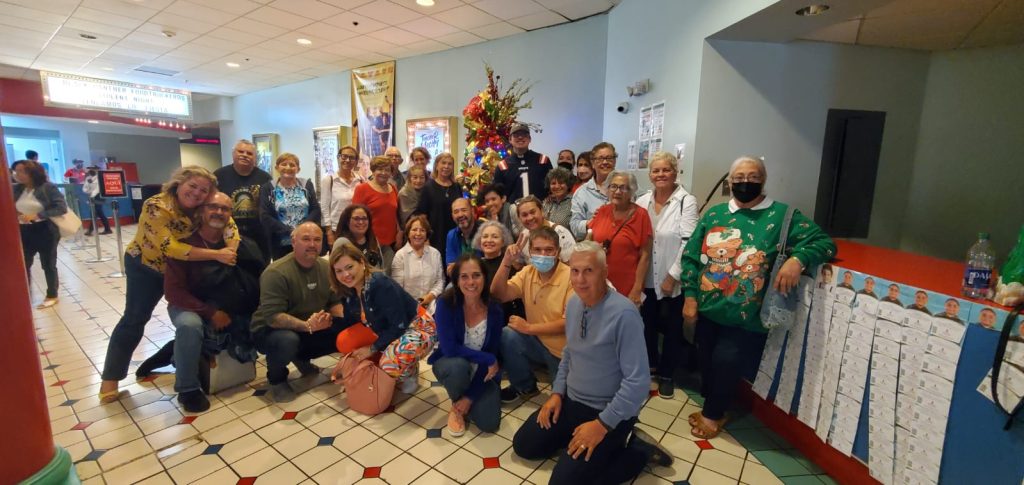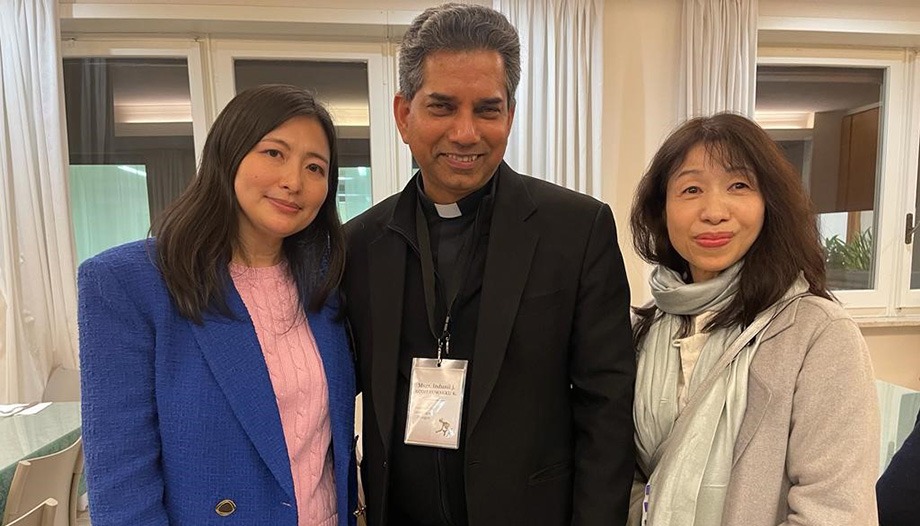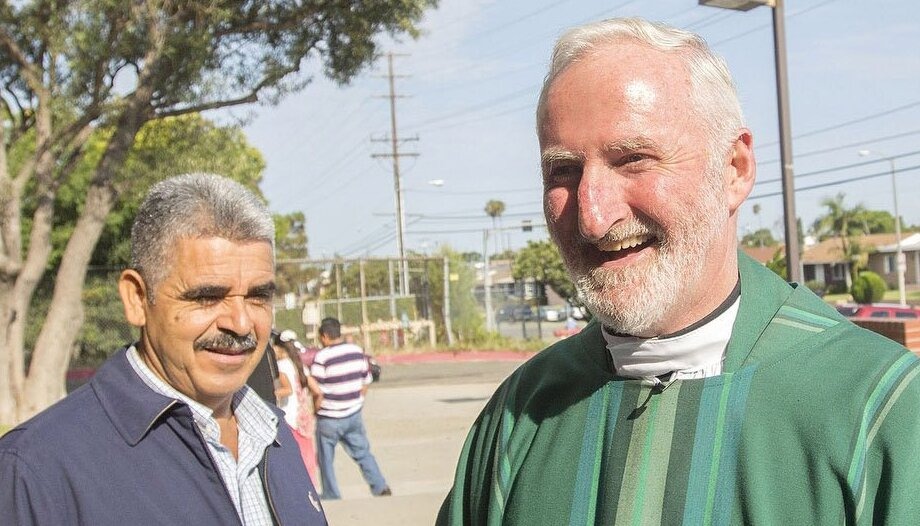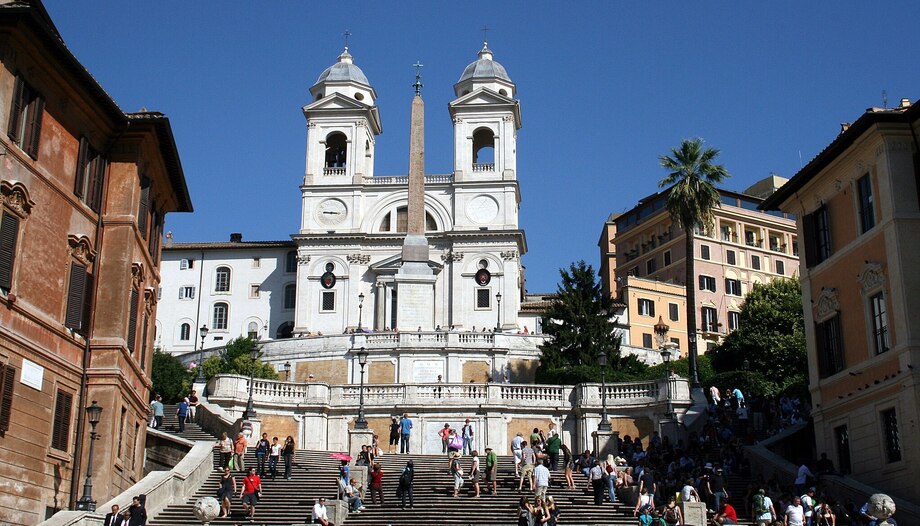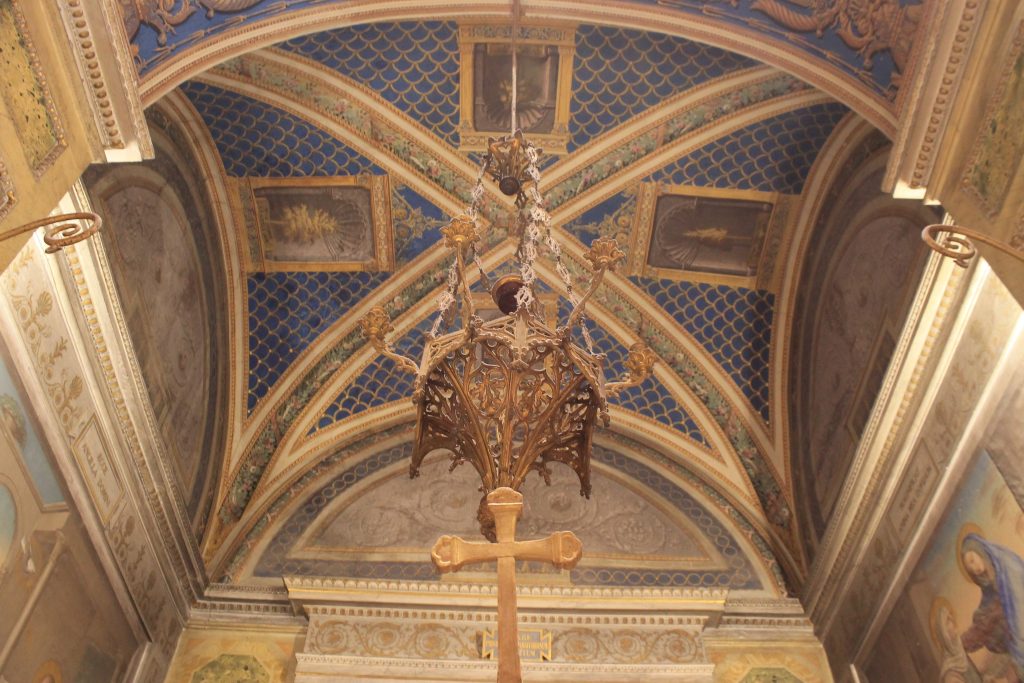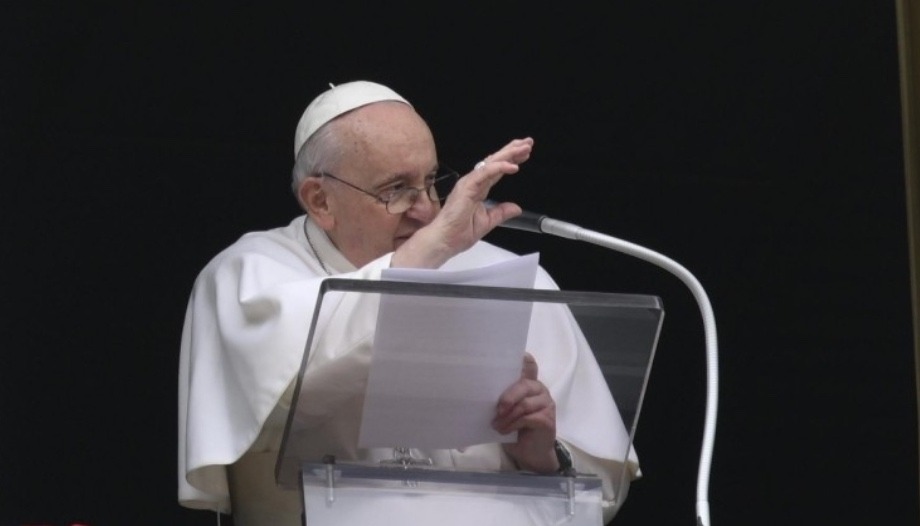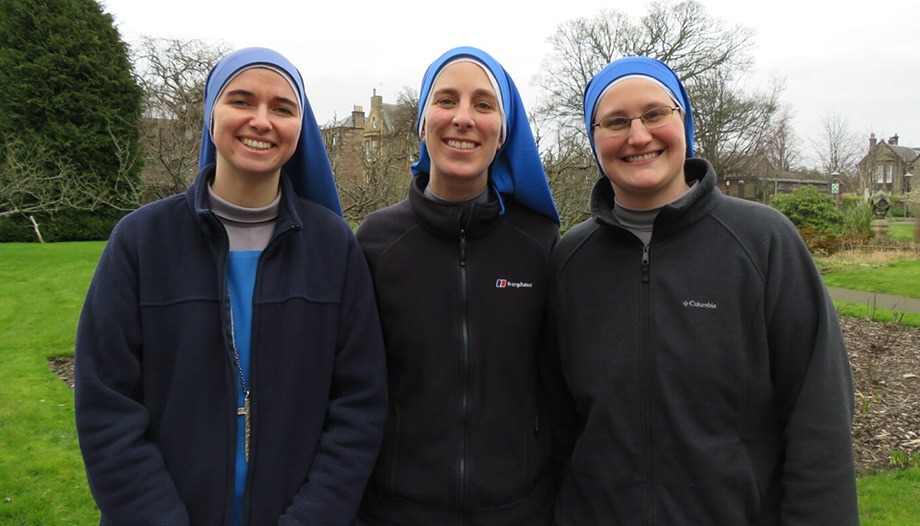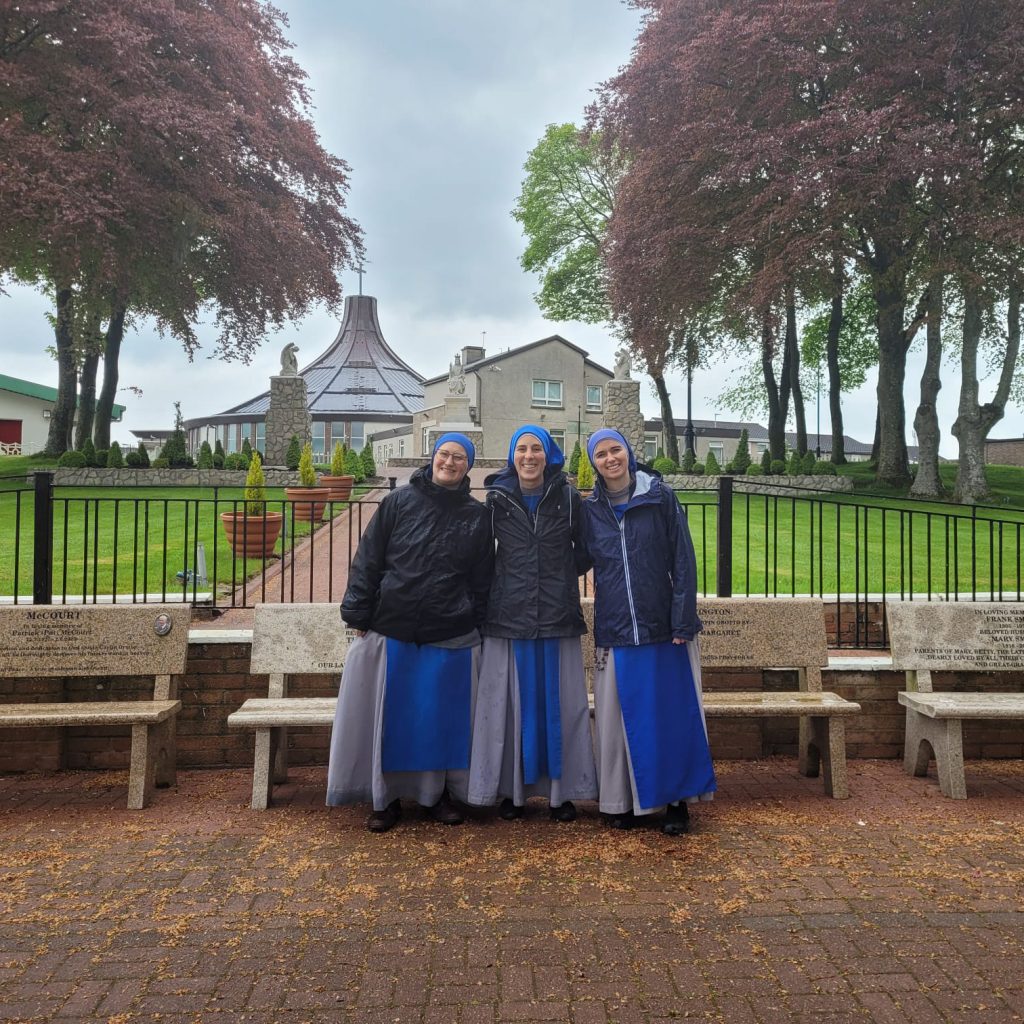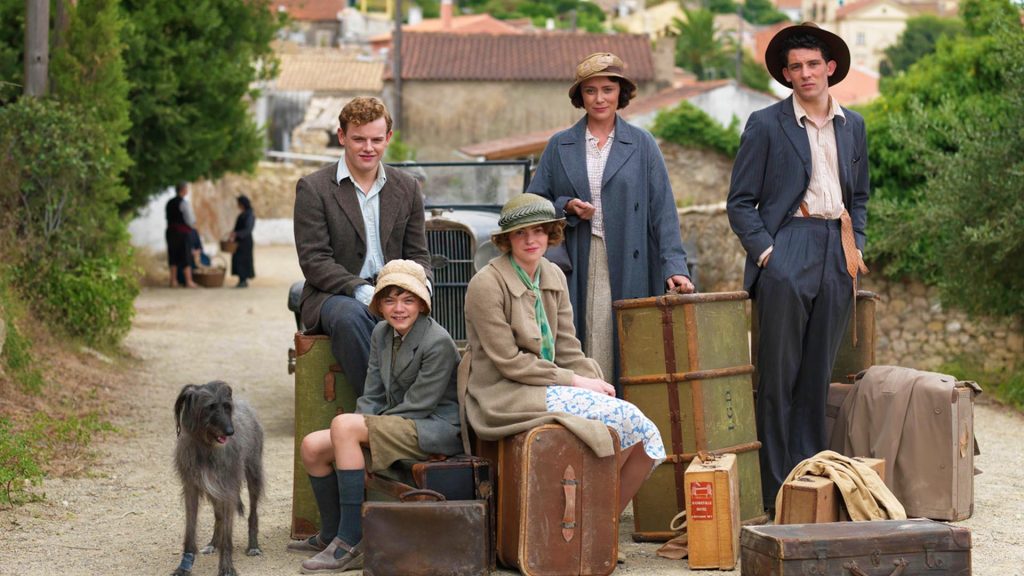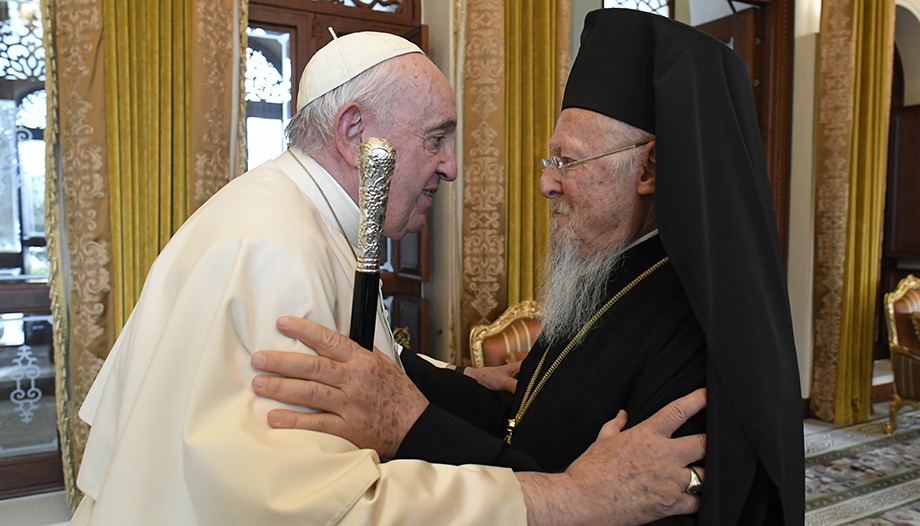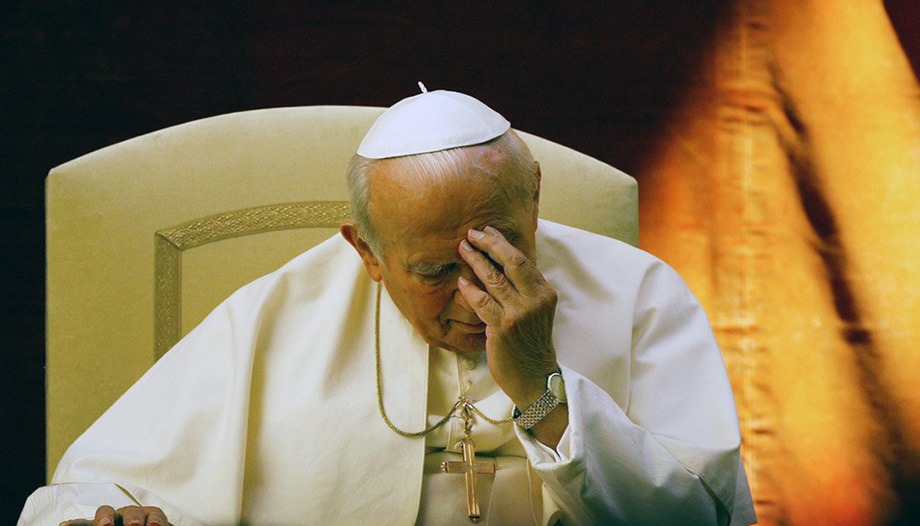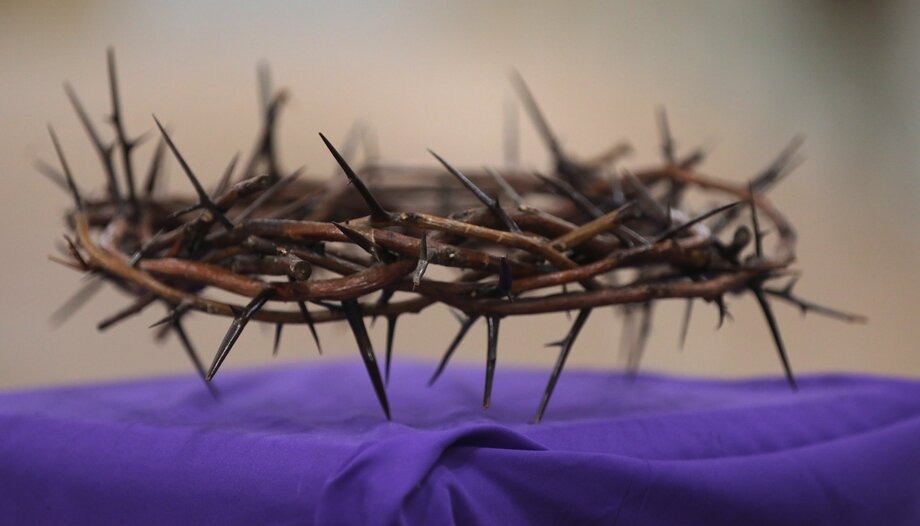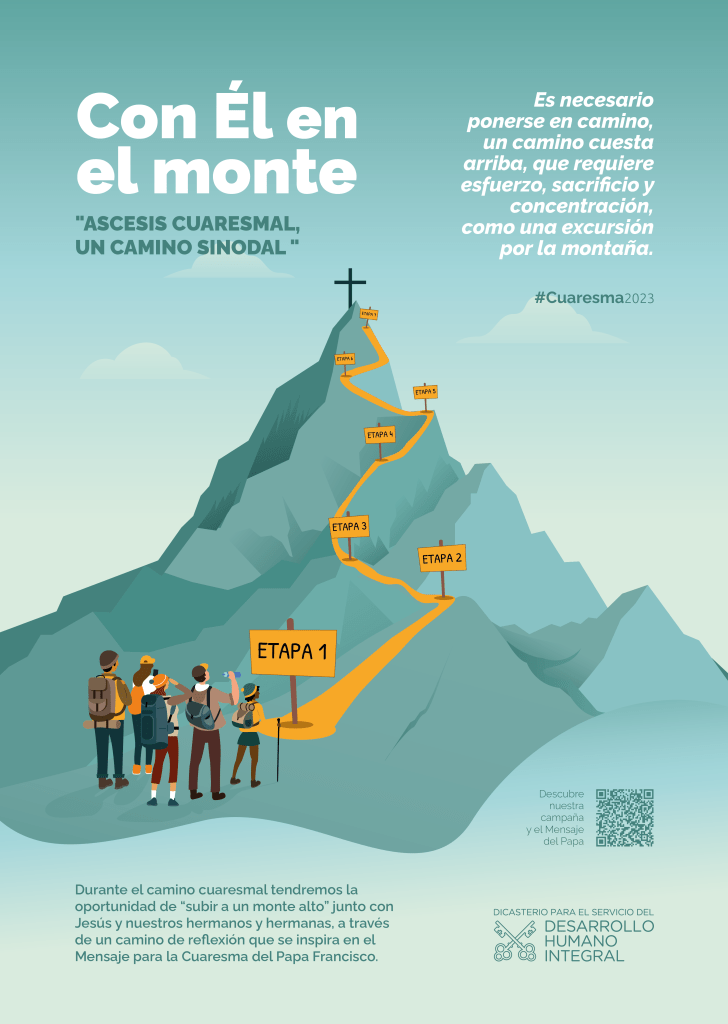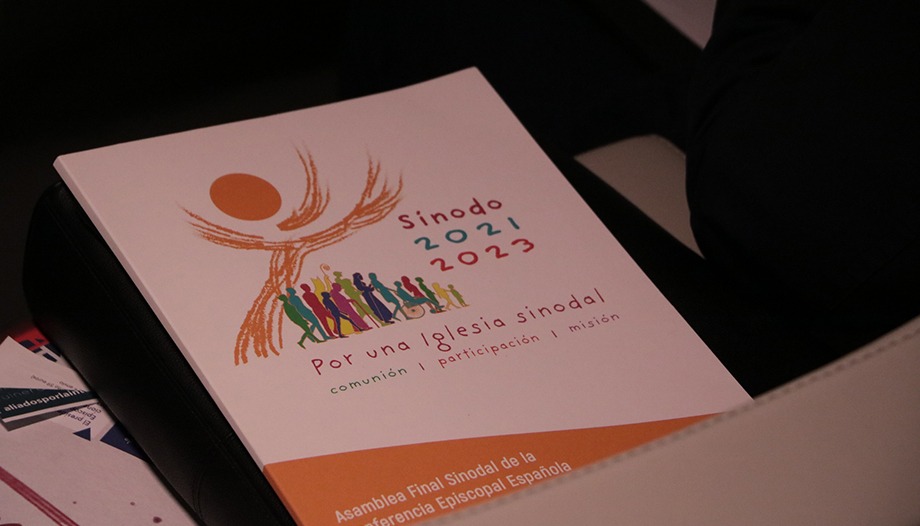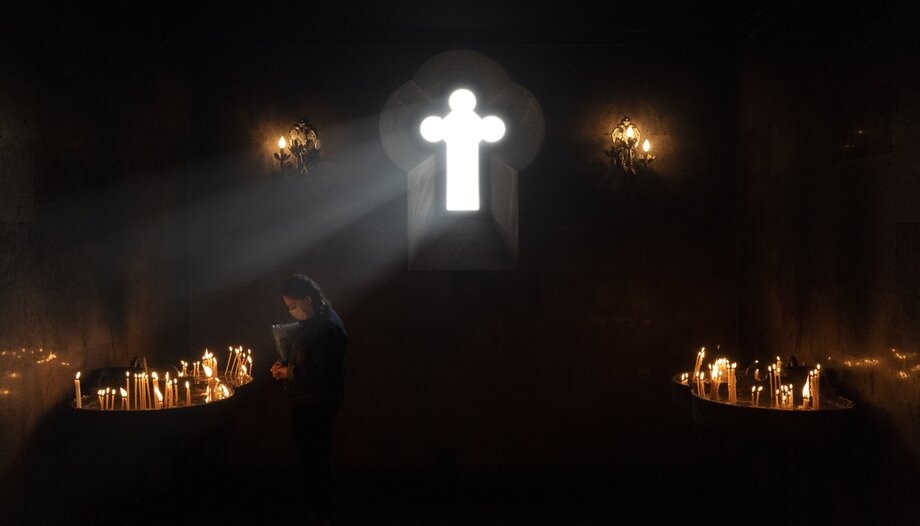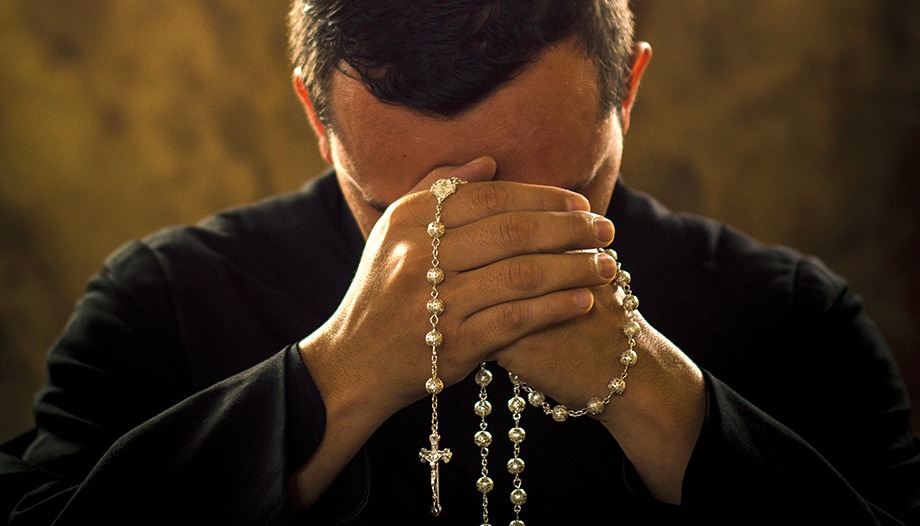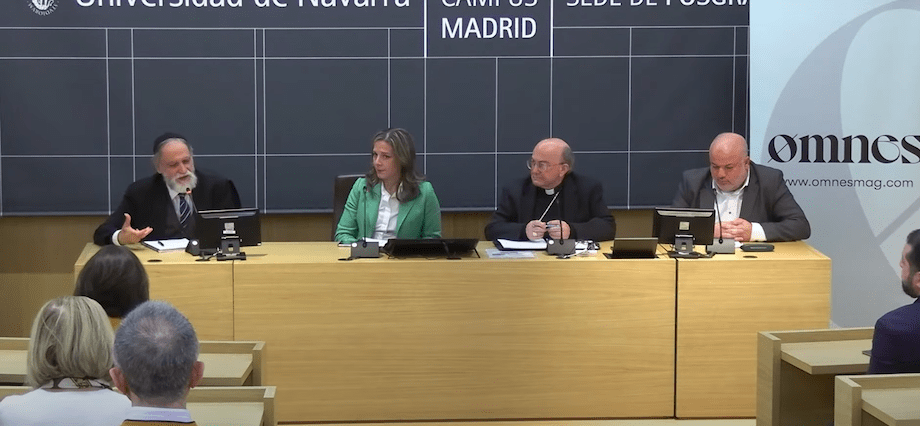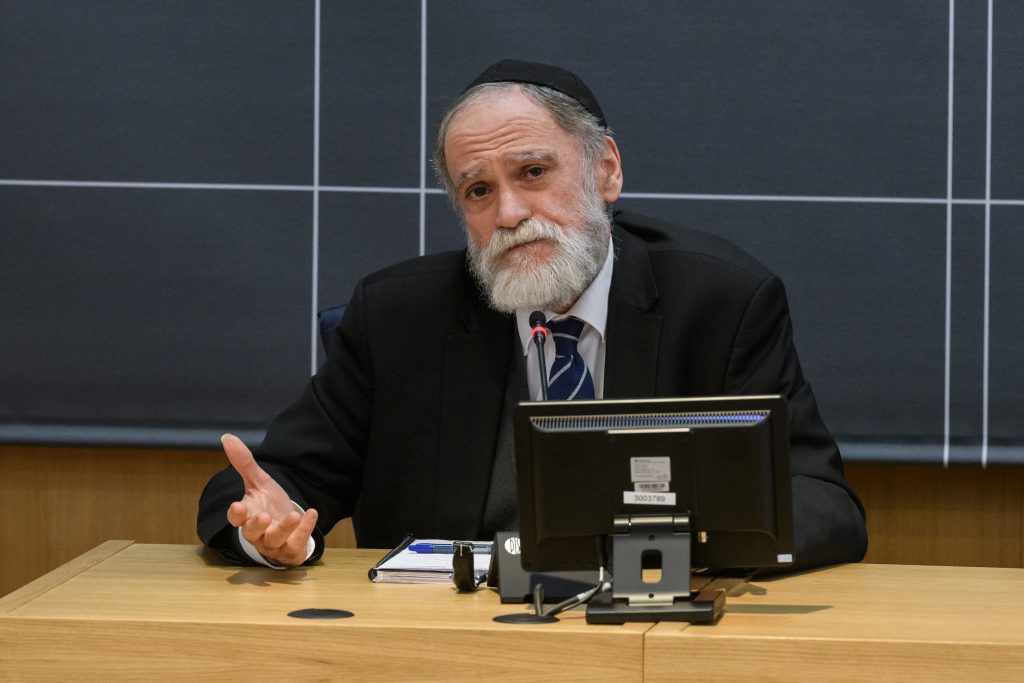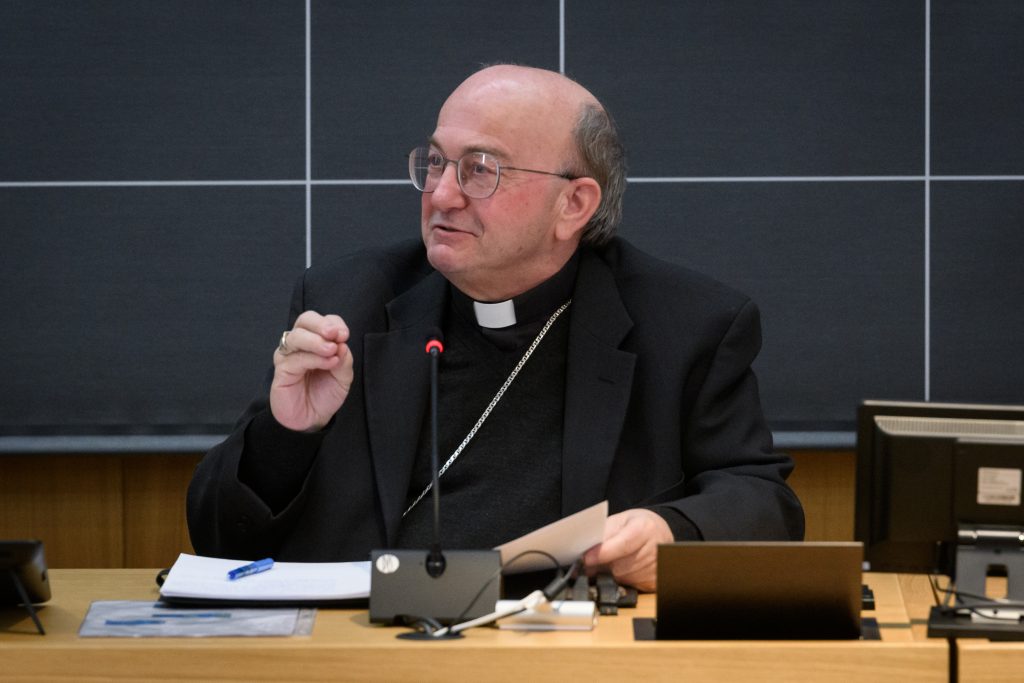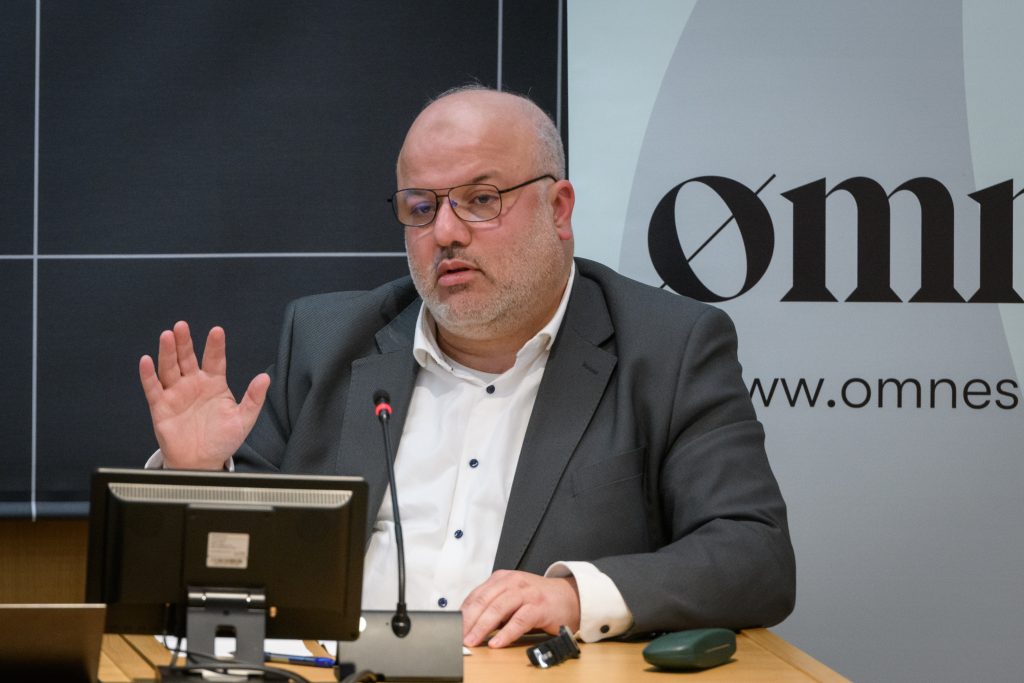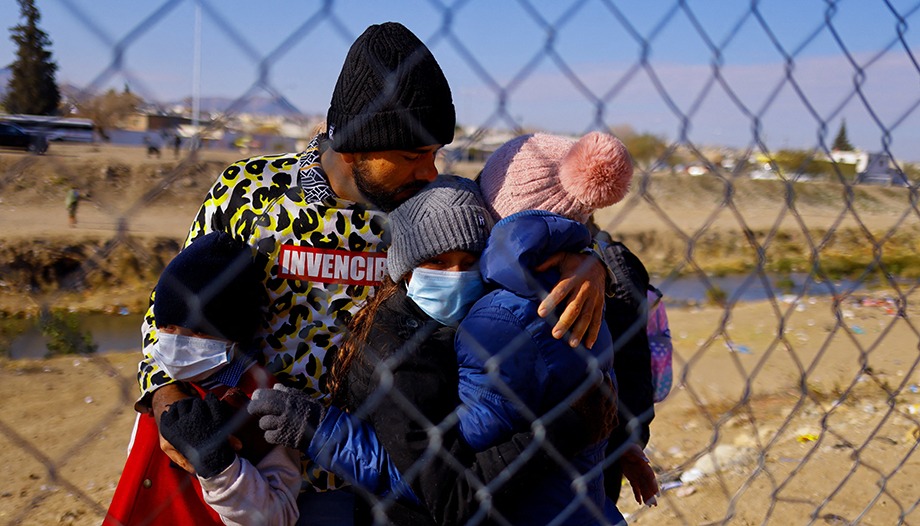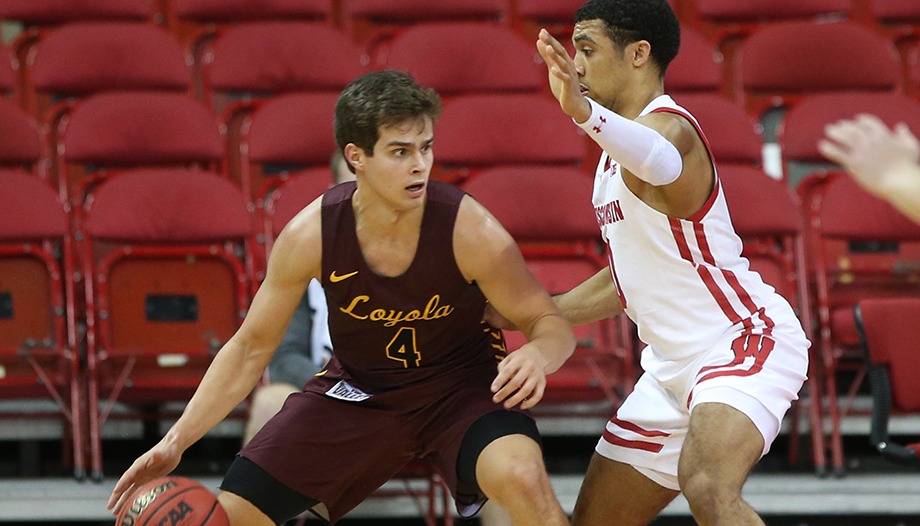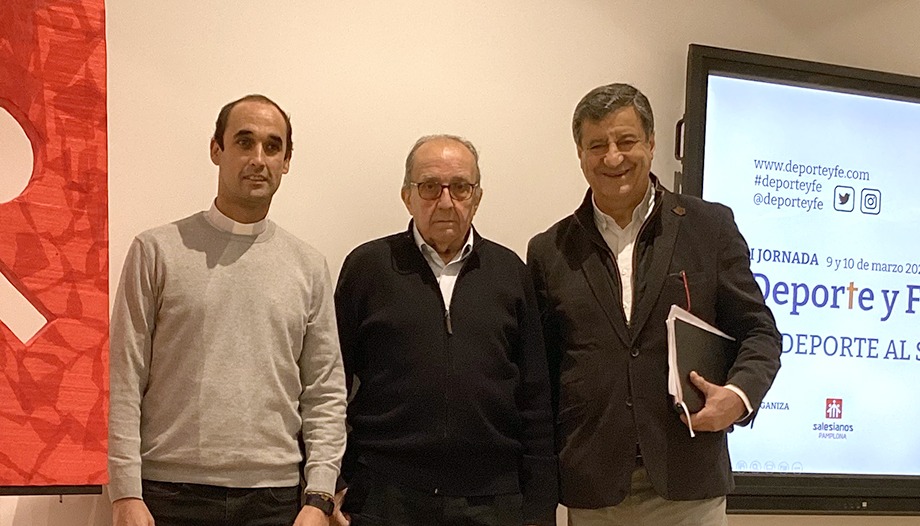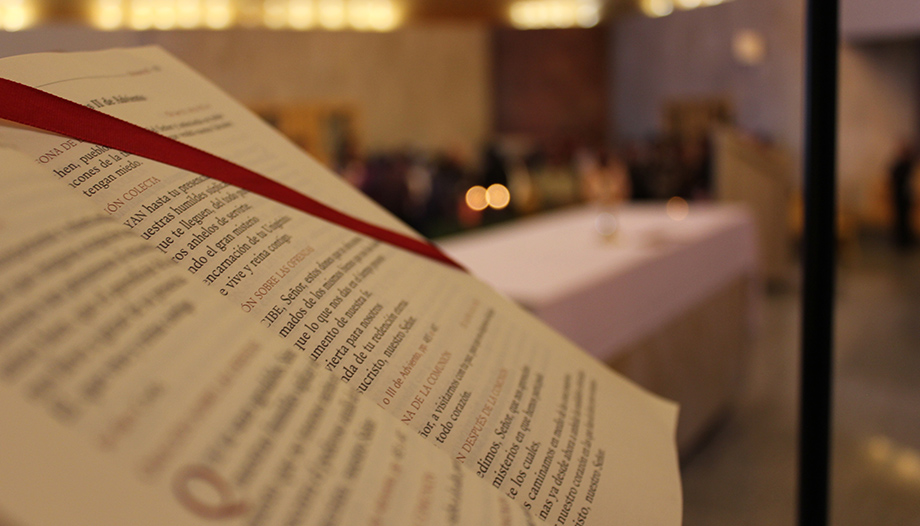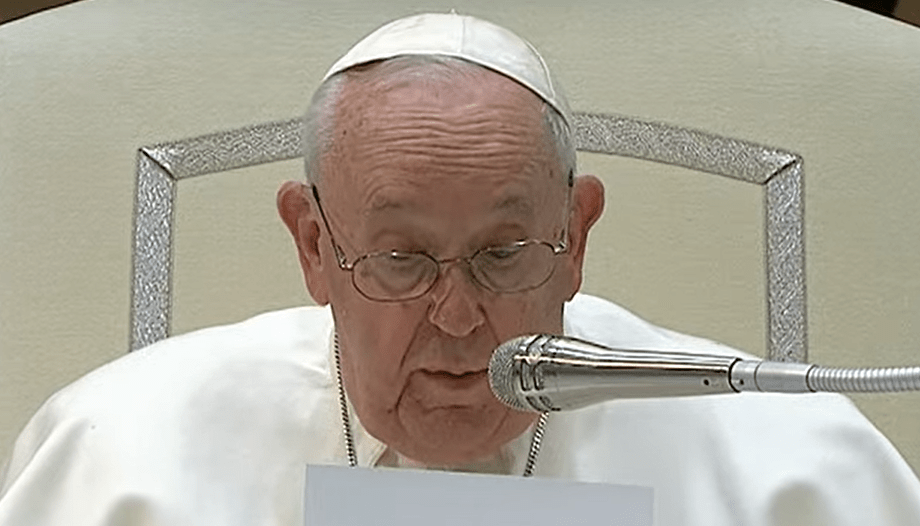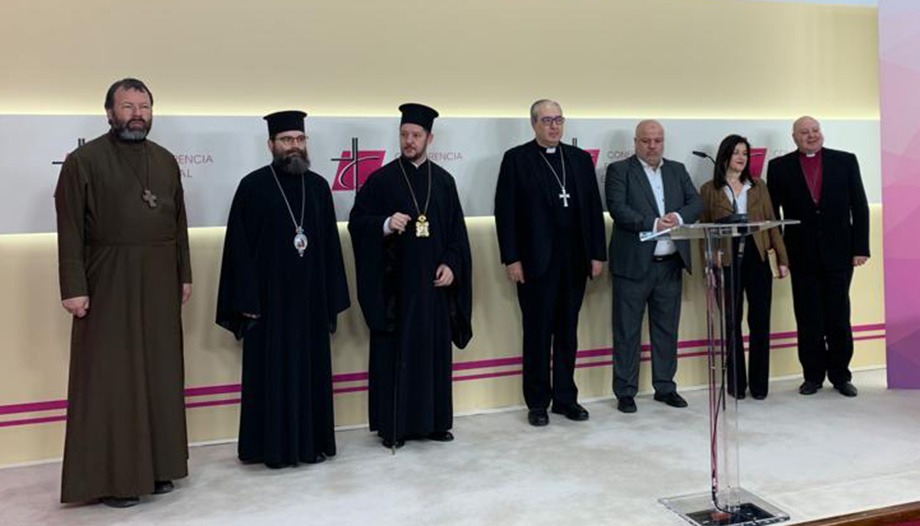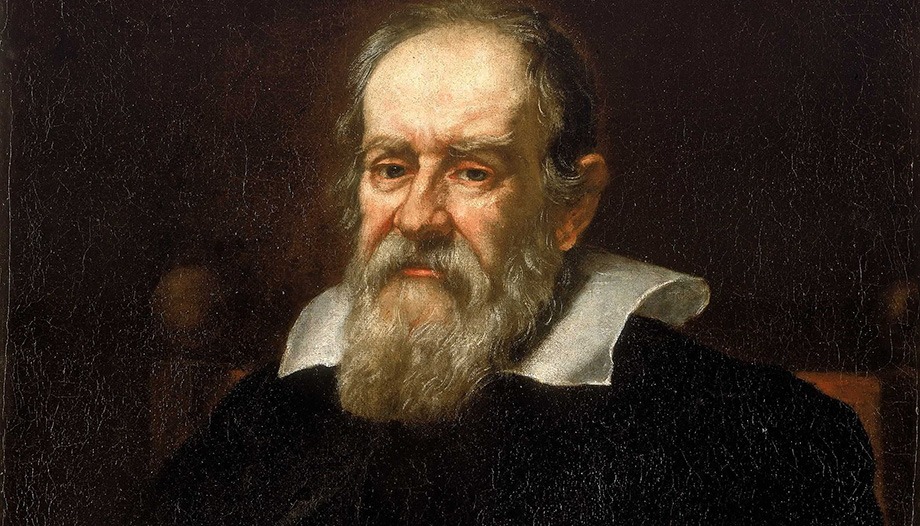The conference "Communication on migrants and refugees, between solidarity and fear", promoted by the ISCOM Association and the School of Communication of the Pontifical University of the Holy Cross, together with the "Information, Migrants and Refugees" Committee, provided a new opportunity for academics, journalists and heads of humanitarian organizations to discuss critical aspects of the media system and to contribute to truthful information that is more respectful of human dignity.
With special attention to ethics and professional ethics in information and communication on migrants and refugees, the conference was attended by more than 100 people, including journalists, communication workers from organizations working on the issue and those responsible for ecclesiastical and educational institutions.
A little less than 10 years ago, the first Francis' pontificate trip to Lampedusa10 years or so later, the Russian invasion of Ukraine. These two facts, above all, have contributed to changing the perception of the migratory phenomenon and, especially, the way of reporting on it, especially from a journalistic point of view.
Ten years ago, the world's press gathered in the heart of the Mediterranean to listen to Francis' denunciation of the "globalization of indifference".
Today, the new humanitarian crisis caused by the conflict in Ukraine - which has been going on for a year now - conditions the political reading and the journalistic representation itself, to the point of affecting substantive choices, for example in terms of reception with the application of a new exceptional right of asylum.
The impact of the terrible earthquake tragedy in Syria and Turkey must also be assessed.
Describing the complexity of the reality of migration and helping to understand the interdependencies and the necessarily international dynamics of the phenomenon: this is the commitment and the challenge of a journalistic narrative that wants to be truly respectful above all of the dignity of the people involved and at the same time of the substantial truth of the facts, to which the constitutive law of the Order of Journalists of Italy, which celebrates in these very days its 60th anniversary, reminds us.
They come from neighboring countries, fleeing wars that also distress us. We have become somewhat accustomed to them, to immigrants. We see them above all for their usefulness, beyond the risks they entail and the fears they arouse.
Those who used to make instrumental use of them for electoral or propaganda purposes now have to resort to other arguments and invent new bogeymen. Immigrants are no longer "others among us", but "others among us", to be "integrated".
Humanitarian crises, along with looting, kindle pity and awaken the solidarity of peoples who are at their best in misfortune.
"Let refugees be protagonists of their own representation, so that they can speak with authority, political intent and collective voice. And participate in the decision-making process". This is how Chiara Cardoletti, UNHCR Representative for Italy, the Holy See and San Marino, opened the day's proceedings, highlighting how the United Nations Refugee Agency "has been working for 10 years to support ethical journalism, so that immigration and asylum issues are the subject of training and professional development. Reporting on asylum seekers, refugees, victims of trafficking and migrants must be based on the correct use of language and adequate safeguards for all those who have sought and obtained protection, without undermining the right to information".
The migratory phenomenon has been one of the areas in which Italian journalism (and not only) has been able, at least in part, to correct its approach. Starting from this premise, Vittorio Roidi, master of journalism and professor of ethics and professional deontology, observed how "the men and women who died in the waters of the Mediterranean in a desperate attempt to escape to a fate of poverty and despair represented one of the great themes of the last part of the last century. We realized that we could not treat them as numbers, but that they were the protagonists of one of the most shocking dramas of our time. And we tried to change the language, to give a more human and less superficial dimension to our stories".
The Charter of Rome, the deontological document adopted by Italian journalists on information and migrants, was the first concrete result of this reflection, "even if," according to Roidi, "the results of this work are perhaps not the desired ones".
Cardinal Augusto Paolo Lojudice, Metropolitan Archbishop of Siena and member of the Migrants Commission of the Italian Bishops' Conference, pointed to the words of Pope Francis - "It is not enough to welcome migrants: we must also accompany them, promote them and integrate them" - as a clear outline "also to be able to narrate migration correctly and far from any form of pietism and instrumentalization".
Their work, their capacity for sacrifice, their youth and their enthusiasm enrich the communities that welcome them. "But this contribution could be much greater if it were valued and supported through specific programs."
Gian Carlo Blangiardo, president of ISTAT, reflected on the migration phenomenon according to statistical data, referring to the growth recorded in Italy in recent decades: "We have gone from a few hundred thousand units in the 1980s to over 5 million at the last census count in 2021, so the foreign population has undergone major transformations, both in terms of inflows and in the structure of presences: from workers to families, from foreigners to citizens".
Among the positive effects, the functionality found in the labor market and the significant, although not decisive, contribution on the birth rate front. A contribution to the development of our country", in Blangiardo's opinion, "that must be valorized within the framework of appropriate government initiatives, in full awareness of a world demographic panorama in which population growth is totally concentrated in the poorest countries".
During the first panel -The war in Ukraine and conflicts in the world: effects on the migration phenomenon-, discussions were held, moderated by Father Aldo Skoda (Pontifical Urbaniana University), Matteo Villa (ISPI), Valentina Petrini (Il Fatto Quotidiano) and Irene Savio (El Periódico).
The latter focused in particular on the effects of the Russian military offensive in Ukraine, which has caused "the flight of 8 million people, in addition to 5.4 million internally displaced persons, according to UN figures. Many are forced for the second or third time to flee their homes, leave everything behind and go to live in a new place".
On the unprecedented response of the EU countries, the analyst of El Periódico acknowledged "the adoption of policies in favor of refugees very different from those used in other parts of the world, as well as various programs to help the Ukrainian population and to speed up the bureaucratic procedures for the recognition of refugee status". And yet, some 5 million Ukrainians have decided to return to their country in recent months."
Questioned on the subject of propaganda and manipulation in times of war, Petrini dedicated his reflection: "Today, keeping one's own population in the dark about what is really happening in Ukraine is a priority for Putin. Fostering European discontent with the Ukrainian war refugees was one of the first manipulative strategies he undertook, through disinformation: machines that are recycled on the topic of the moment and that have in common the victim, in this case the migrants, the refugees, and the macro-objective of destabilizing entities such as the European Union. Putin is no stranger to such operations. He has been trying for years to corrupt Western democracies, financing nationalist movements, giving money to parties without euro, trying to contaminate elections and political debate."
Among forced migrants, people forced by wars to leave their homes, two out of three remain displaced in their country of origin. "Of the last third who leave the country," observes Matteo Villa, "the vast majority remain in neighboring countries, hoping to return home sooner or later." Of course, the increase in protracted crises around the world makes it more likely that those who have left the country will then make a second migration to more distant places. "In the case of Ukrainian refugees (the words are important: refugees, not displaced, because they are protected on a temporary rather than permanent basis), the proportions are not the same because Europe has taken steps to welcome Ukrainians on an unprecedented scale, and has even allowed them to choose their country of destination within the EU."
"But the risk for them" - in the opinion of the ISPI researcher - "is that this kind of 'time-bound' reception comes to an end, and that the views of European societies and governments change. We have to work to narrate these forced migrations, especially to underline their successes, which there are: in some European countries, up to 40% of Ukrainian refugees have already found work."
Integration or inclusion: the challenge of welcoming. This was the title of the second session, moderated by the notary Vincenzo Lino and opened by Ida Caracciolo (University of Campania Luigi Vanvitelli), with the fundamental and clear distinction made by international law between the status of refugee and that of migrant.
"While the sovereignty of States" - Caracciolo pointed out - "knows important and consolidated limits with regard to the reception and integration/inclusion of refugees, the treatment of migrants is still largely left to the discretion of States. Only the corpus iuris The general human rights framework (the two United Nations Covenants of 1966 on civil and political rights and on economic and social rights, the European Convention on Human Rights of 1950 and the Charter of Fundamental Rights of the European Union of 2000) applies to both categories, being centered on the individual as such".
Regarding the valuable work of Centro Astalli, Donatella Parisi, its Communications Officer, drew attention to the gradualness and complexity of the process of integrating asylum seekers and refugees. "A process," she said, "that involves different spheres: economic, legal, social, cultural. For this reason, Centro Astalli carries out projects of social accompaniment and cultural awareness. From the first day of reception we work with refugees to improve their opportunities for inclusion and combat racism and xenophobia. Immigrants, with their demand for integration, have been at the heart of the Community of Sant'Egidio since the late 1970s, when they began to be a significant presence in Italian society. Over the years, the commitment to welcome and integration has been growing, in Italy and around the world. Language and culture schools were born. With the humanitarian corridors, a legal and safe immigration route has been created".
Massimiliano Signifredi (press office of the Community of Sant'Egidio) highlighted some of its particularities: "Thanks to the collaboration with the Italian Protestant Churches and the Italian Bishops' Conference, the humanitarian corridors project, based entirely on civil society and replicated also in France and Belgium, has already allowed more than six thousand vulnerable refugees to reach Europe safely, becoming a model of integration. Those who have been accepted have immediately learned the language and found work. The humanitarian corridors have inaugurated a different narrative of immigration, rescuing this epochal phenomenon from instrumentalization and fear."
Raffaele Iaria (Fondazione Migrantes) coordinated the closing debate - The care of words and respect for people: the ethics of those who report -, animated by the testimony of some journalists who have been reporting on the migration phenomenon for years.
"We remain concerned about the consequences of the flows while there is a constant depersonalization of the migrant," warned Angela Caponnetto (RAI), questioning "European governments increasingly divided on the issue, 8 Member States have even asked to review the right of asylum, considered a push factor for those who try to reach Europe hoping for a better life, with the risk of increasingly locking themselves in a 'fortress'." In this context, the role of the reporter is fundamental in shaping thousands of human lives that risk remaining only soulless shadows."
Anna Meli (Carta di Roma Association) evoked the words of Valerio Cataldi (president of the Association), for whom "in the last ten years the "fear machine" has been consolidated, starting in spring with the alarm of "a million people ready to leave from the coasts of Libya" and continuing with the count of arrivals in Italian ports. An anxiogenic dynamic, a trickle of figures that arouses anxiety and produces fear. Where reality, real life, the substantial truth of the facts are something else".
'Emergency', 'indiscriminate reception', 'invasion'. What terms do we use to talk about immigration? To what extent do the words we choose correspond to reality? Are we really able to contextualize the migratory phenomena that affect our country and Europe? These are the questions that Eleonora Camilli raised at the end of the conference. For the Social Editor journalist, "we are confronted with the often distorted narrative of immigration. And about the double standards of protection, reception and narrative between different migratory flows: in particular between the arrivals via the Mediterranean or the Balkan route and the extraordinary flow of refugees from Ukraine".
The authorAntonino Piccione  Cardinal Erdő: "We Catholics in Hungary await the Pope with great affection".
Cardinal Erdő: "We Catholics in Hungary await the Pope with great affection". Generosity and freedom, fidelity and audacity: in Hungary and Slovakia
Generosity and freedom, fidelity and audacity: in Hungary and Slovakia




